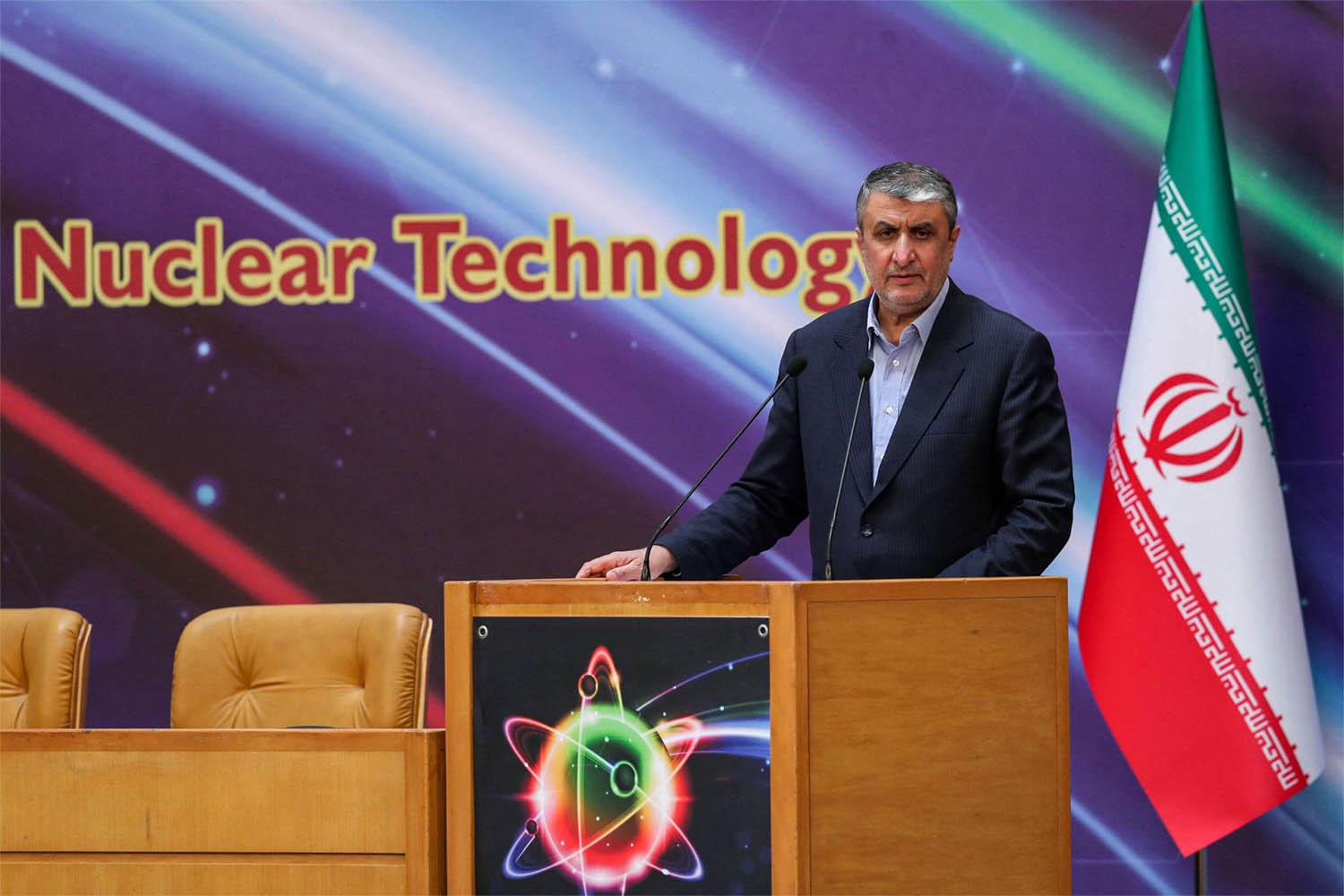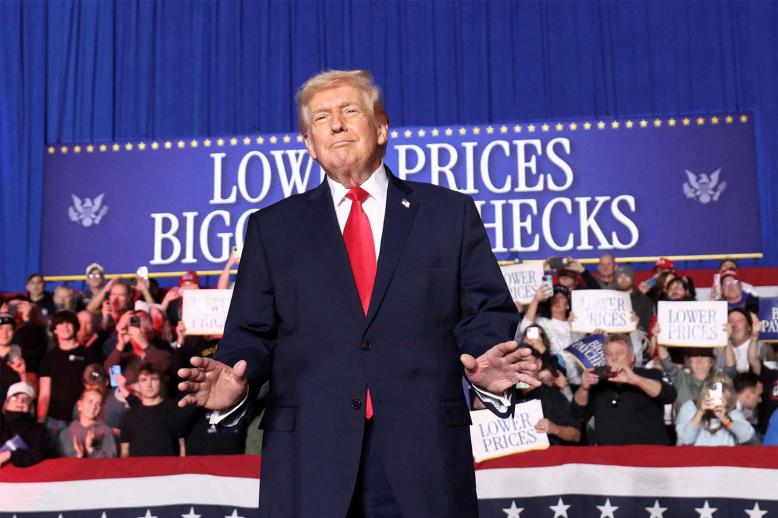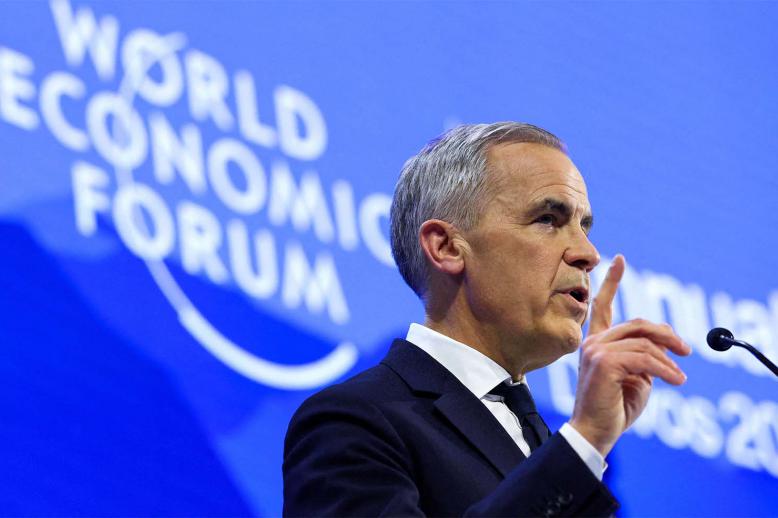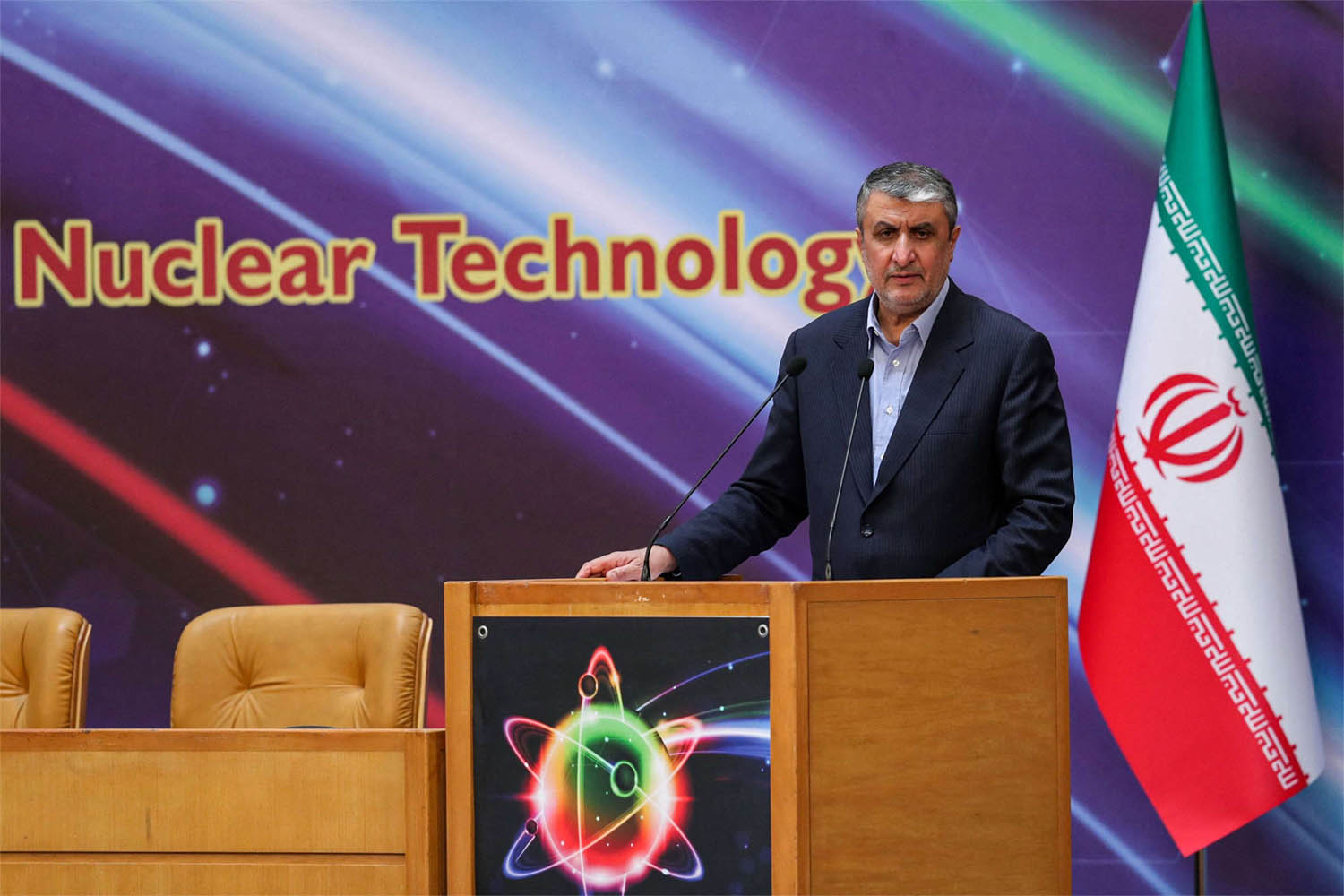Washington and Tehran: the double impasse
Amid media reports on the stalemate in negotiations to revive the Iran nuclear deal signed in 2015, reports focus on the Biden administration’s position on Iran’s demand that the IRGC be removed from the US terrorism list. I personally believe that the White House does not completely reject the Iranian demand.
But it is trying to get a “deal” within the deal, in the sense of giving Tehran what it wants in exchange for what Biden wants to sell to the US public and to US partners in the Middle East and the Gulf. Analytically, it is quite difficult to say that the demand to remove the IRGC from the US terrorism list presents a dilemma for the US negotiators.
I think it achieved a breakthrough that is consistent with the strategic considerations of both sides, the US and Iran. Both are in a difficult situation at home and abroad. Both need a “performance” to offer their supporters and allies.
The revival of the agreement itself is contentious with the parties as to the terms and scope of the gains and concessions. So the agreement seems to need a “deal” that may be smaller but has a more realistic impact.
Theoretically, Iran, which has always been said to be unaffected by the US sanctions imposed on it and has become accustomed to their effects, cannot back down in its hardline official and media statements and suggest that the lifting of these sanctions is a major strategic gain. It now needs a major waiver from the US, such as removing the IRGC from the terrorist list.
This is a step that could satisfy Guardian commanders and deter them from objecting to the terms of a resumption of the nuclear agreement. This maintains the cohesion of the Iranian regime, at least against its critics at home, especially in the face of increasing waves of domestic discontent caused by poor living conditions and a bad economic situation.
On the other hand, the White House may see Iran’s “big” demand as a valuable opportunity to obtain relevant concessions, especially firm commitments to end the issue of the death of General Qassem Soleimani. It has become clear that the US does not want Iran to continue to carry out missile attacks on US bases in Iraq under the slogan of “revenge” for Soleimani’s death.
I think this demand is a priority for the US negotiators, who may make another demand: to negotiate on Iran’s missile program and all Iranian activities in the region.
Reading the circumstantial evidence, an understanding on a mutual agreement in this context does not seem unlikely, especially since the Biden administration is anxious to move forward to the end of the Vienna negotiations to avoid a failure that will cost the Democrats dearly.
There are also differing views within the Democratic Party and even within the Biden administration itself on establishing a position on IRGC classification. The Iranian side also seems to be sticking to the parameters of the negotiations, despite all the accusations, in order to get out of the nightmare of sanctions undermining the foundations of the Iranian economy.
Moreover, the removal of the IRGC from the terrorist lists is by no means a formality. It is a great strategic victory as this force controls the hinges of the Iranian economy and state. I think the Iranian negotiators’ red lines are limited to the ballistic missile program issue and Iran’s regional activities.
Otherwise, it could be included in any possible agreement with the US. This would be an additional loss for the countries of the Middle East and the Gulf region and would mean that the US would continue to focus on its narrow strategic interests without taking into account the interests of its strategic partners.
The dilemma facing both sides of the Vienna negotiations is the political cost of the concessions they will make to the other side. The biggest mistake in all of this is agreeing at the last minute to chip away at the demands of both sides so that each gets a piece of their demands.
In other words, Iran gets the removal of the IRGC from the terrorist lists, except for the Quds Force, so that the economic and commercial arms are exempted from sanctions, and the military arm is preserved. However, this scenario could lead to new disasters because of the difficulty in separating the Guardians’ factions from their top-secret activities.
All of this will be but a formality to push and justify this move in America.
Salem AlKetbi is a UAE political analyst and former Federal National Council candidate







